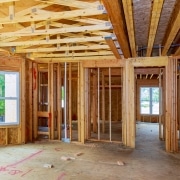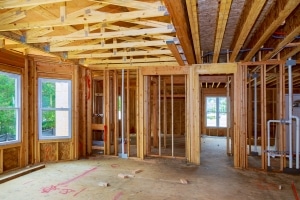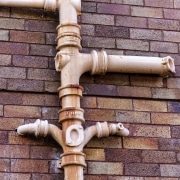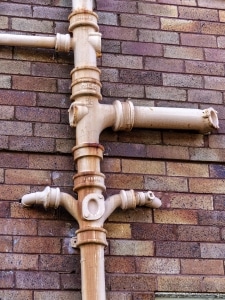What is the Difference Between Home Appraisal and Inspection?
The home buying process can be confusing. There are so many steps and an entire glossary of terms to remember. It’s no wonder that many first-time homebuyers regret their purchase. One of the biggest mistakes people make is assuming an appraisal is enough. They forgo the home inspection and rush to sign and snag their deal. But a home inspection is just as important, if not more important, than an appraisal. If you like to live without regret and want your real estate investment to be a dream home and not a haunting nightmare, you need to know the difference between home appraisal and inspection.
Buying a home is a lot like buying a car. The first thing you want to do is understand the value of your intended purchase and then its condition.
If you look up the value of a 1990 Chevy Impala with 100,000 miles, you’ll compare that cost when you take a trip to a dealership. It will help you spot an overpriced car. But there is no “Blue Book” for homes. The real estate market will be different depending on each unique property and its surrounding neighborhood, and an appraisal is performed to determine a house’s value.
 What is a Home Appraisal?
What is a Home Appraisal?
A licensed third party performs an appraisal to identify the worth of the property. Lenders commonly used them to determine if the value of a house is in line with the asking price.
They’re looking for factors such as:
- Location
- Size
- Age
- Building materials
- Energy efficiency
- Safety
- Obvious damage
If the current homeowner has set the cost above the property’s worth, the lender will refuse to approve the loan unless the price is adjusted.
If a home appraisal is far above the asking price, suspicion arises. Why do they want less? Is there something wrong with the property that they aren’t telling you?
This is why a home inspection is important.
Why Do I Need a Home Inspection?
You need more answers; ones that an appraisal alone cannot fulfill. Determining the condition of a home is crucial to make an informed decision as a buyer.
Returning to the vehicle comparison, you wouldn’t buy a car without knowing what’s under the hood. How old are its parts, and how many car accidents has it been through?
It would be handy to have a mechanic check out the engine, wouldn’t it? Then you wouldn’t have any surprises!
A home inspector works for you similarly. After they check the home you want to buy, you receive a complete understanding of the entire property from the perspective of a trained professional with immense knowledge.
What is a Home Inspection?
A licensed third party performs a home inspection to identify the condition of the property. When you plan to buy a home, a home inspector investigates the property with an expert’s eye and meticulous attention to detail.
A home inspection report thoroughly outlines the health of all major components of a house, including its:
- Roof
- Foundation
- Plumbing
- Electrical
- HVAC
These are all expensive and essential parts of a home. If the property has faulty or aging components that require repair or replacement, you will want to know before you sign on the house.
Buying a home is an enormous investment. You’re paying a lot of money to receive something of value, not a financial burden. Even though it might look beautiful, there could be hidden issues that cost large sums of money to fix.
The larger the home, the more expensive the repairs. For instance, a faulty HVAC system can cost upwards of $10,000 to $30,000. If the roof is nearing the end of its life expectancy and it’s leaking, you will need an extra $20,000 – $100,000 to replace it.
By having a home inspection performed, you get the inside scoop about the health and safety of the property and what renovation projects could be in the near future. At that point, you can decide if you will close the deal or walk away.
Let’s Recap: Appraisal vs Inspection
When you intend to purchase a home, an appraisal determines the value of the property while an inspection identifies its current condition. With these two factors in mind, both the lender and the buyer can move forward in the house buying process with security and confidence in their choices.
Are you looking to buy a house in the Tampa Bay Area? Learn as much as you can about the property before you sign. Divinity Inspection Service wants to help you choose wisely.











